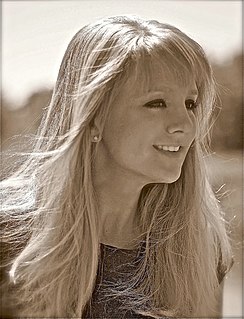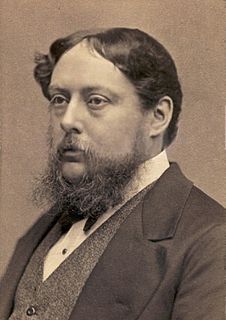A Quote by Ellen Glasgow
I had no place in any coterie, or in any reciprocal self-advertising. I stood alone. I stood outside. I wanted only to learn. I wanted only to write better.
Related Quotes
I will never forget that the only reason I'm standing here today is because somebody, somewhere stood up for me when it was risky. Stood up when it was hard. Stood up when it wasn't popular. And because that somebody stood up, a few more stood up. And then a few thousand stood up. And then a few million stood up. And standing up, with courage and clear purpose, they somehow managed to change the world.
In the Middle Age, in Germany, if you wanted to learn addition and multiplication, you could go to any university. But if you wanted to learn division, you could only do it in one place, Heidelberg. This makes sense, since in my theory with Vladimir Retakh and Robert Wilson, addition and multiplications are cheap, but division is expensive.
I was told that I don't understand radio, should go into sales and all this. It was only my desire and love for what I wanted to do and what I was doing that kept me plugging away. I never at any time was motivated by an "I'll show them" attitude. Never was I motivated by, "I'll show them," that wasn't it. I just loved it. It was what I wanted to do. I was lucky to learn early in life what I wanted to do, and I knew how to define success, even though by the time I'm 33 I still hadn't had any. I was just on the verge of it, and I'd been working since I was 16.
But to Sam the evening deepened to darkness as he stood at the Haven; and as he looked at the grey sea he saw only a shadow in the waters that was soon lost in the West. There he stood far into the night, hearing only the sigh and murmur of the waves on the shores of Middle-Earth, and the sound of them sank deep into his heart.
Only the [Catholic] Church stood squarely across the path of Hitler’s campaign for suppressing truth. I never had any special interest in the Church before, but now I feel a great affection and admiration because the Church alone has had the courage and persistence to stand for intellectual truth and moral freedom. I am forced thus to confess that what I once despised I now praise unreservedly.
Perhaps, as we say in America, I wanted to find myself. This is an interesting phrase, not current as far as I know in the language of any other people, which certainly does not mean what it says but betrays a nagging suspicion that something has been misplaced. I think now that if I had any intimation that the self I was going to find would turn out to be only the same self from which I had spent so much time in flight, I would have stayed at home.







































